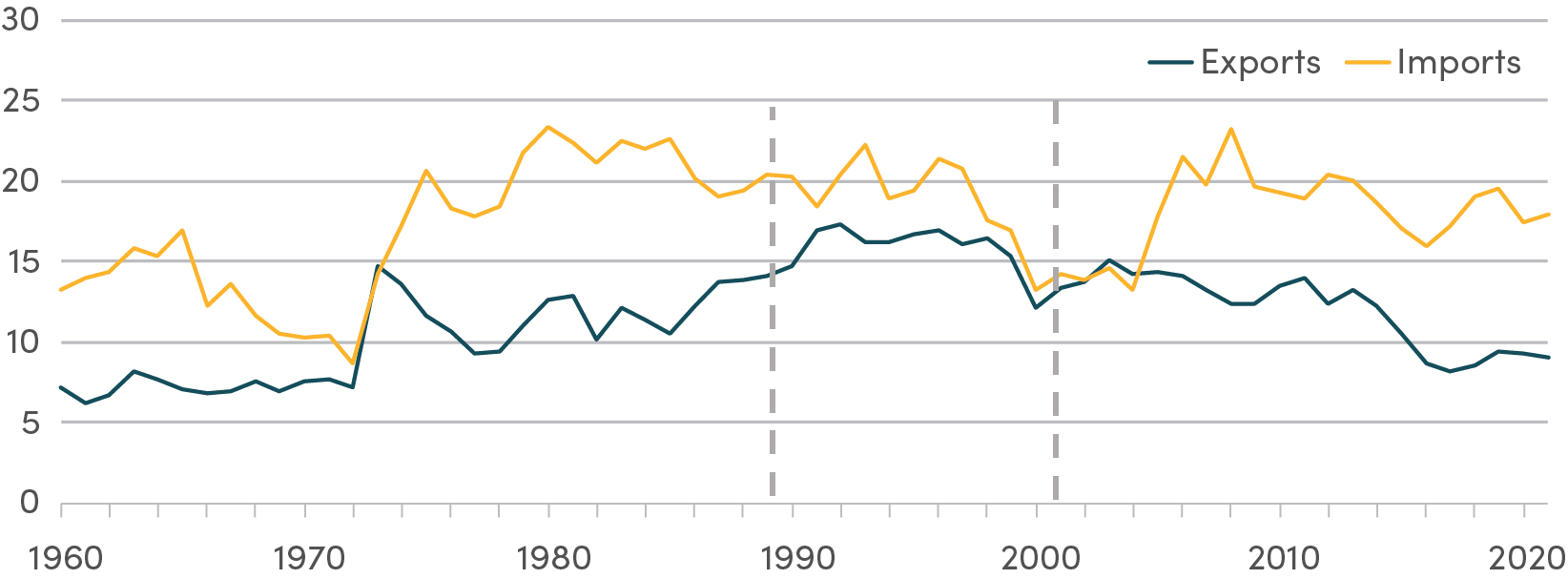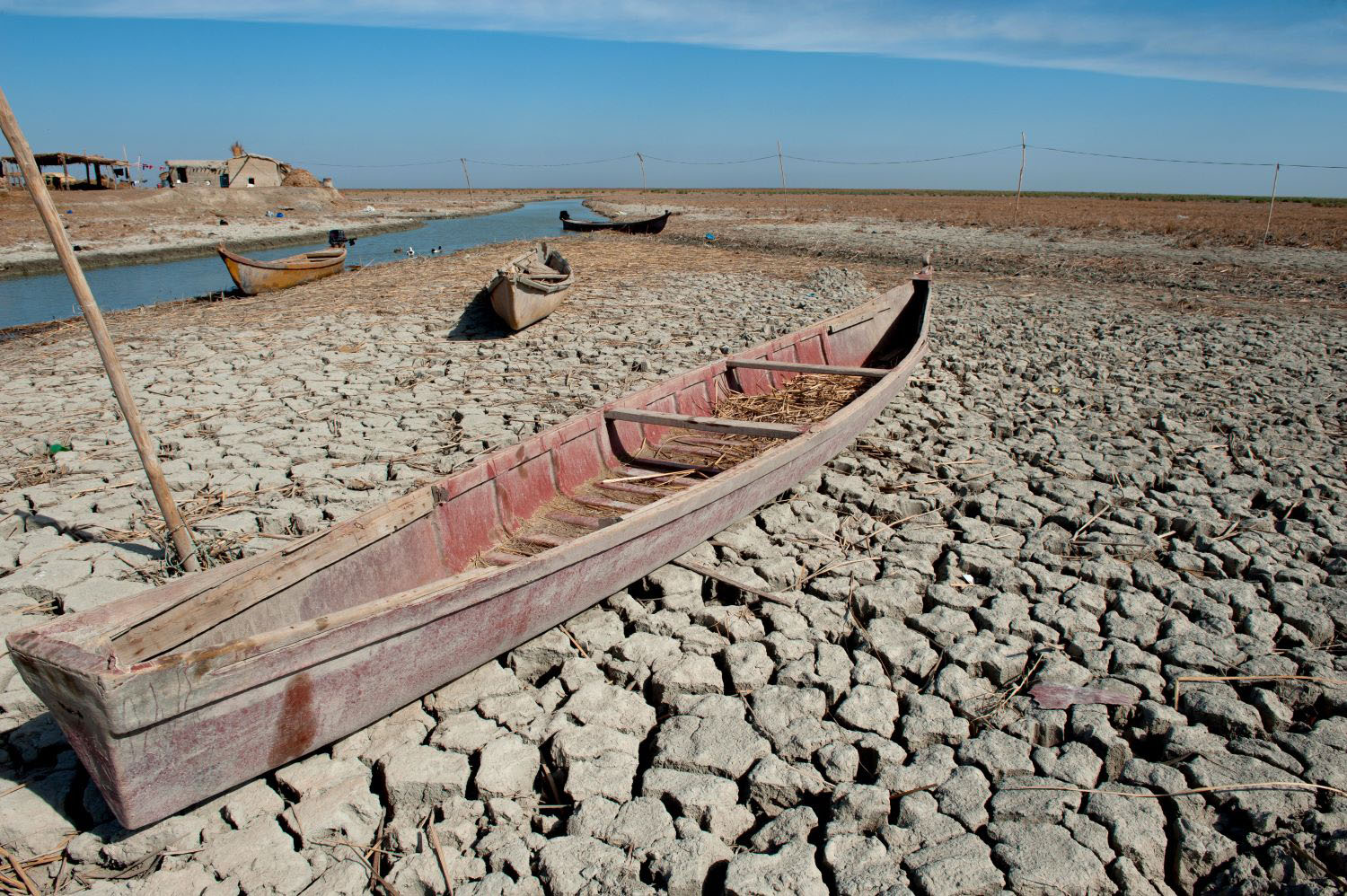Me, perhaps. In my last post on why President Obama should make electricity his signature Africa policy initiative, I claimed:
Energy Poverty is deadly. The latest estimates show 3.5 million premature deaths per year—more than AIDS and Malaria combined—from household air pollution from solid fuels. Many Americans may take electricity for granted, but it’s unnecessarily a life-and-death issue for too many people who have no options other than burning wood or other biomass.
As one adept reader (Andrew Noymer at UC-Irvine) rightly pointed out, the 3.5 million deaths I cite are global, but my post was about the lack of electricity in sub-Saharan Africa. So, in the interest of clarity, here are the data on premature deaths from The Lancet, by disease and disaggregated by subregion:
Premature Deaths, 2010

Source: A comparative risk assessment of burden of disease and injury attributable to 67 risk factors and risk factor clusters in 21 regions, 1990–2010: a systematic analysis for the Global Burden of Disease Study 2010. The Lancet. 2012 Dec 13; 380: 2224–2260.
Therefore, HIV/AIDS and Malaria in Africa, at roughly one million deaths per year each, are both estimated to be twice as deadly as indoor air pollution. These numbers are all horrifying. And I still believe that energy poverty should be considered an urgent public health issue because:
- Indoor air pollution is killing nearly half a million Africans per year. WHO estimates more than 70% of Africa is still reliant on the use of solid fuels for cooking and heating, which is a major contributor to respiratory and cardiovascular diseases.
- Health clinics need lights and fridges. Up to 50% of health facilities—serving an estimated 255 million people—are consistently without electricity. Many rural clinics rely on kerosene for lighting and charcoal for sterilization of medical equipment which not only leads to indoor air pollution but also increases risk of infection for patients and the spread of diseases. Some 60% of refrigerators used in health clinics have unreliable electricity, compromising the effectiveness of life-saving vaccines and other pharmaceuticals.
- All the indirect effects on health. Lack of electricity also contributes to poor health outcomes indirectly by preventing the economic opportunities that can boost incomes and pull people out of poverty.
There are many, many reasons why access to electricity should be considered a top development priority—and why President Obama should make reducing energy poverty his legacy in Africa. Preventing unnecessary deaths of thousands of poor people seems like a pretty good one on its own.
This blog benefitted from comments from Victoria Fan, Amanda Glassman, Stephanie Majerowicz, and help from Jessica Carsten.
CGD blog posts reflect the views of the authors, drawing on prior research and experience in their areas of expertise.
CGD is a nonpartisan, independent organization and does not take institutional positions.





